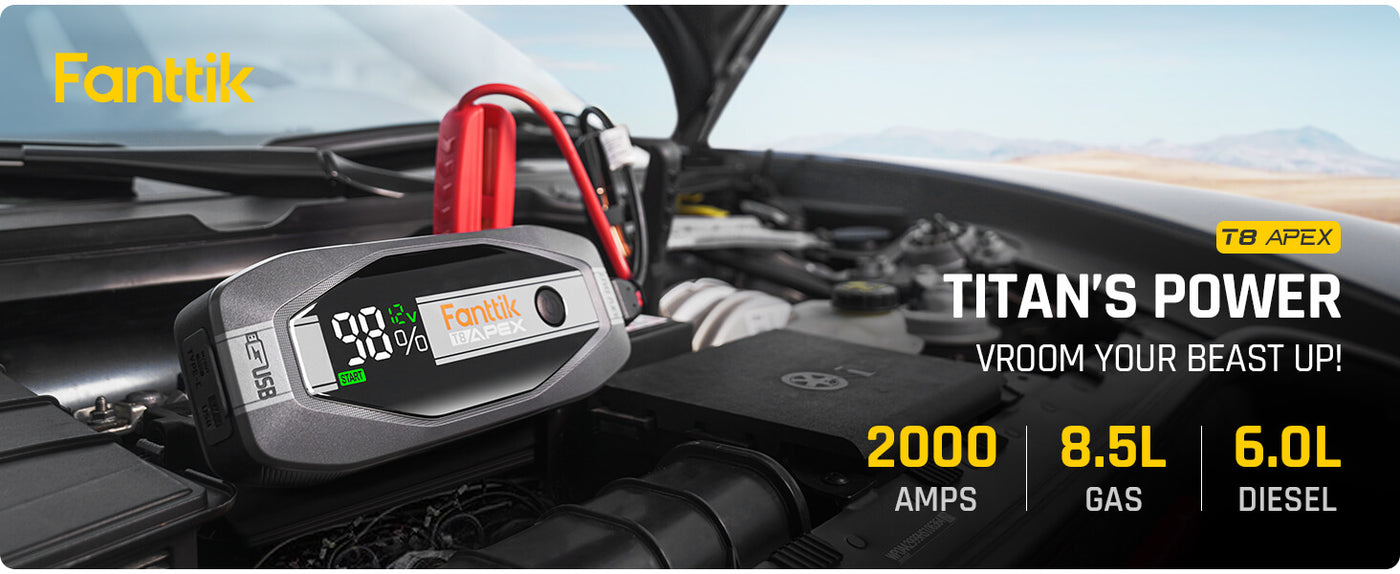Common Reasons Your Car Won't Start in the Automotive Industry
Few things are as frustrating as turning the key in your car's ignition and hearing nothing in response. Understanding the Common Reasons Your Car Won't Start in the Automotive Industry can save you time, money, and stress. This article delves into the most frequent culprits behind a non-starting vehicle, offering insights and practical tips to get you back on the road.
Battery Issues
One of the most prevalent causes of a car not starting is a dead or faulty battery. The battery is the heart of your vehicle's electrical system, providing the necessary power to start the engine. Over time, batteries can lose their charge due to age, extreme temperatures, or leaving lights on overnight. To diagnose a battery problem, look for dim headlights or a clicking sound when you turn the key. Regular maintenance and timely replacement can prevent battery-related issues.
Starter Motor Problems
The starter motor is responsible for cranking the engine when you turn the ignition key. If the starter motor fails, your engine won't turn over. Symptoms of a bad starter include a grinding noise, a single loud click, or complete silence when you attempt to start the car. Regular inspections and addressing any unusual sounds early can help avoid starter motor failures.
Fuel System Failures
Another common reason your car won't start is issues within the fuel system. This can range from an empty fuel tank to a clogged fuel filter or a malfunctioning fuel pump. If your car cranks but doesn't start, it might not be getting the fuel it needs. Ensuring your fuel tank is adequately filled and replacing fuel filters as recommended can mitigate these problems.
Ignition System Malfunctions
The ignition system is crucial for starting your engine. Problems in this system, such as a faulty ignition switch or bad spark plugs, can prevent your car from starting. Signs of ignition system issues include the engine cranking without starting or intermittent starting problems. Regularly checking and replacing spark plugs and ignition components can help maintain a reliable ignition system.
Security System Interference
Modern vehicles often come equipped with advanced security systems that can sometimes interfere with the starting process. If your car's security system is malfunctioning or if the key fob battery is dead, the car may not recognize the key, preventing it from starting. Ensuring your key fob is functional and understanding your vehicle's security features can help avoid these issues.
Conclusion
Understanding the Common Reasons Yourcar won't start in the Automotive Industry is essential for any vehicle owner. From battery issues to fuel system failures, being aware of these potential problems can help you diagnose and address them promptly. Regular maintenance and staying informed about your vehicle's components can significantly reduce the chances of encountering a non-starting car. By taking proactive steps, you can ensure a smoother and more reliable driving experience.
